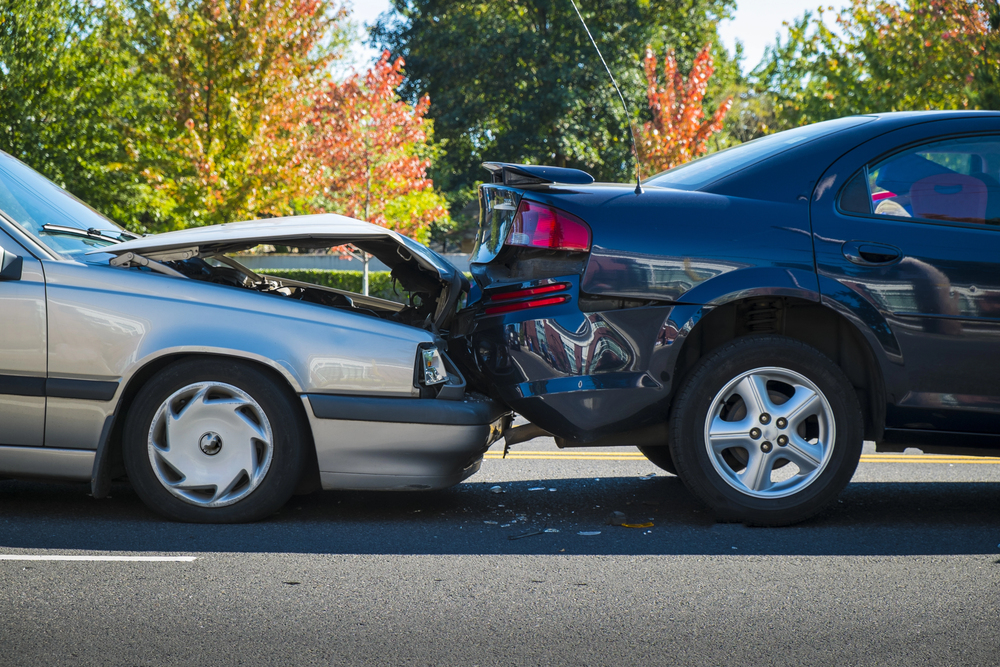What Is an Agency’s Responsibility If an Insured Doesn’t Want to File a PAP Claim?

By: Big “I” Virtual University Faculty
Q: What should an agency do if an insured with a personal auto policy has a claim involving another vehicle and the insured is adamant that it is not their fault and does not want to file a claim with their carrier? Should the agent contact the other vehicle’s insurance carrier and report the claim?
Response 1: The insured certainly does not have to file a claim. But if your agency does not report an incident to the insurance company, then you are putting your agency in a precarious position and opening yourselves up to an errors & omissions lawsuit. Also, if you take on the task of contacting someone else’s insurance carrier, I think you are overextending and entering even more dangerous waters.
Talk to your E&O carrier and agency attorney. I think both would overwhelmingly advise you to report any incidents that could potentially grow into liability claims. If you fail to report an incident and it puts the insurance carrier in a precarious situation when a claim develops, you may find your agency paying the claim either from a lawsuit from the insured, the injured party, or your own insurance carrier.
Courts have often found that what an agency knows, the insurance company is also deemed to have that knowledge, and the carrier may be forced to pay a claim as if they had the knowledge, which opens the door for the carrier to sue your agency.
If the insured is right and they are not at fault, then there should be no increase in premium for an incident that was not their fault. Many states look at comparative negligence and it’s usually quite easy to find at least 1% negligence on any participant in an accident. And, sometimes, courts find that the person who believed they were totally without fault is found to be the one actually at fault.
Response 2: Our agency has a hard rule that all liability claims get reported to the carrier as soon as possible. We’re very transparent with our customers on this and we let them know that it’s for their protection.
Read through the loss conditions in the auto policy. Specifically, the section on duties in the event of an accident, claim, suit or loss. Then, consider what can happen if your client chooses not to report the claim and it is determined that they were, in fact, at fault. They could end up without any coverage from their policy. If that happens, they will most certainly come after your agency for advising them not to report the claim. Are you willing to roll those dice based on their word?
Incidentally, we seldom have customer relations issues with our reporting procedure. Most of our clients are happy to report once they understand the conditions of the policy and what’s at stake.
Response 3: From a claims point of view, if the loss is not turned in to the insured’s carrier and the insured is later sued and forced to file a claim, the carrier will provide a defense while an investigation occurs. There will be a reservation of rights letter to indicate that the claim may not be covered while an investigation takes place. If it is discovered that the late notice is material and hampers the carrier’s investigation, the carrier will deny the loss and remove its defense. This leaves the insured without a policy or a way to pay for the damages.
Usually, what then happens is that the plaintiff’s attorney will obtain the insured’s rights and sue the carrier and the agent for bad faith because they didn’t settle the case within policy limits.
If you know about the loss but do not report it, the carrier can file an E&O claim because you have a duty to inform them of what you know. Notice to you as the agent of the insurance carrier is notice to the carrier.
If you are a broker—that is, the agent of the insured—you do not have to notify the insured’s carrier, but you do owe a duty to inform the insured of what may happen if the carrier is not notified.
Response 4: This is always a tough situation to be put in. There are several reasons you can tell the client the claim should be turned in to the carrier, such as a potential uninsured/underinsured motorist or a disagreement over who is at fault and to what extent. Also, failing to report the claim could jeopardize the client’s coverage if a claim eventually needs to be filed.
What your insured probably does not understand is that reporting a claim to the carrier does not necessarily mean that the carrier is going to pay the third party. The carrier doesn’t want to part with its money if they don’t have to. If there was a police report and that shows that your insured was at fault, the carrier will have to pay the claim. If there is no police report, the carrier will investigate the details, try to speak to witnesses and make a decision based on the facts. The carrier is on the insured’s side and is the resource available to the insured to resolve this matter.
If you are an agent, as opposed to a broker, you have an obligation to notify the carrier. If you cannot convince the client to turn the loss in, I would tell the client you will notify the carrier that the client has been involved in what they believe is a not-at-fault accident and you do not have any details to forward to the carrier.
From an E&O standpoint, I would inform the client in writing you are obligated to notify the carrier of the accident. This needs to be permanently documented.
Response 5: If you are an appointed agent of the insurance company, notice to you is notice to the company. Under your agency agreement and state laws, you are likely required to report the accident to your client’s insurer. When you do so, you could inform the insurer that the policyholder intends to first submit the claim to the other insurer. Then, the client’s PAP is on notice and the adjuster could either put a hold on the claim or send a letter to the policyholder to comply with state regulations and the terms of the policy. It is then up to the policyholder to tell the adjuster to close it if they were paid elsewhere.
If the client is not at fault, and the other insurer agrees, then it won’t be recorded with the Department of Motor Vehicles (DMV) or in the comprehensive loss underwriting exchange (CLUE) as an at-fault accident and should not affect your client’s auto rates.
However, if the other insurer disputes the claim or fault and you have to circle back to the client’s insurer, the client’s insurer could deny the claim for failure to promptly report and permit the insurer to investigate as is required under the PAP.
I recommend against contacting the other insurer. You are not a lawyer or the legal agent of your client.
This question was originally submitted by an agent through the Big “I” Virtual University’s (VU) Ask an Expert service, with responses curated from multiple VU faculty members. Answers to other coverage questions are available on the VU website. If you need help accessing the website, request login information.
This article is intended for general informational purposes only, and any opinions expressed are solely those of the author(s). The article is provided “as is” with no warranties or representations of any kind, and any liability is disclaimed that is in any way connected to reliance on or use of the information contained therein. The article is not intended to constitute and should not be considered legal or other professional advice, nor shall it serve as a substitute for obtaining such advice. If specific expert advice is required or desired, the services of an appropriate, competent professional, such as an attorney or accountant, should be sought.










